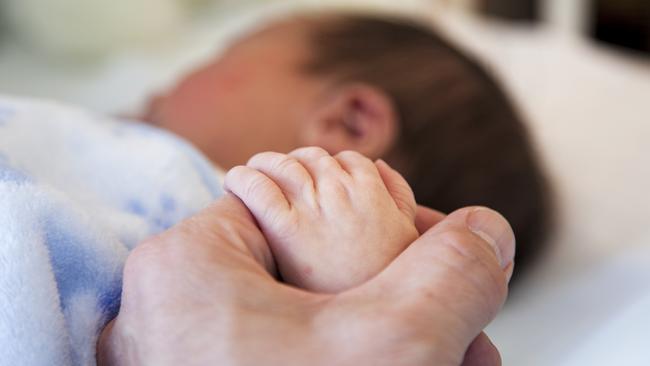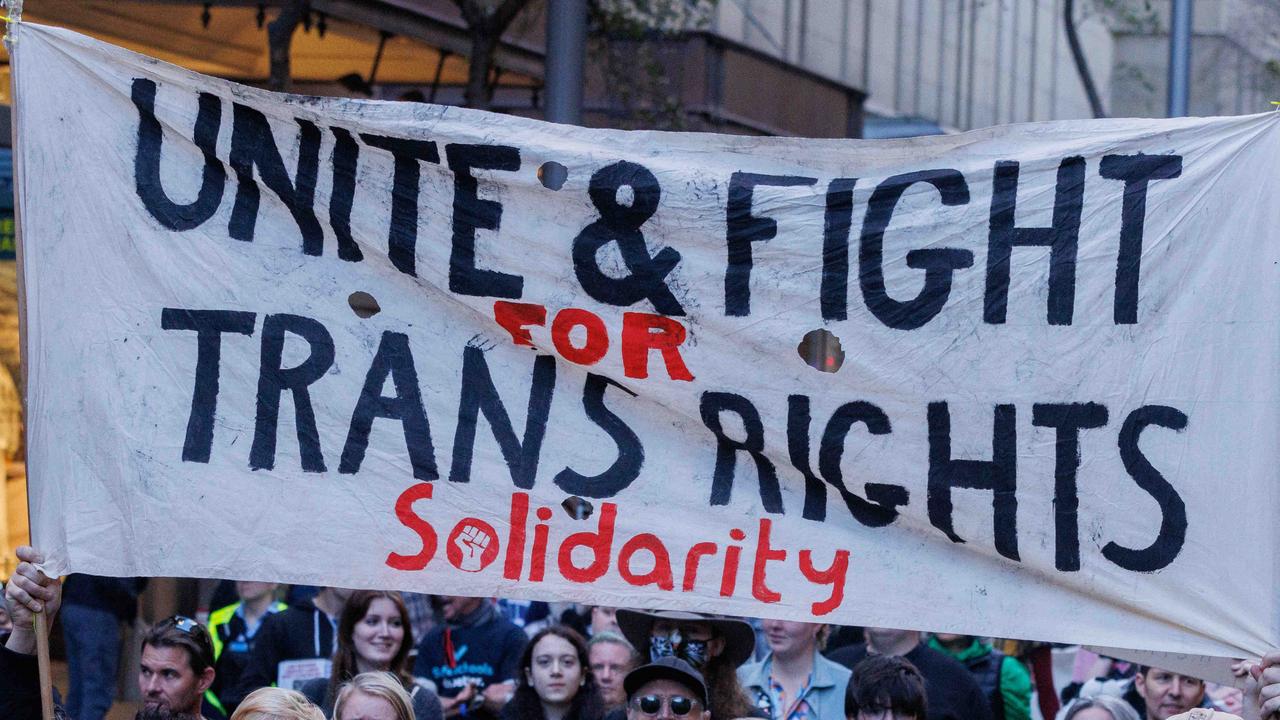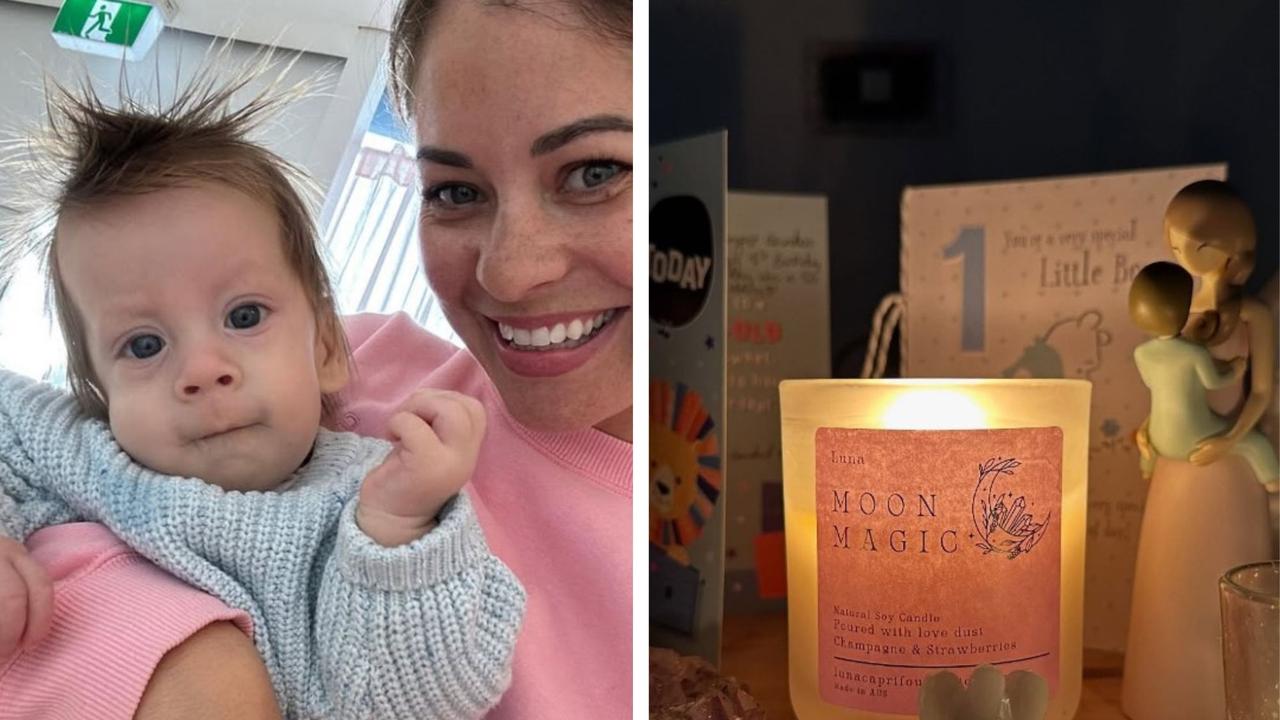Opinion: I’m my son’s father and the law needs to change
BIOLOGICALLY and emotionally, John is his son’s father. But the law doesn’t agree, and now they’ve been ripped apart.
THE moment I held my son, skin-to-skin, when he was an hour old was profound.
It takes a lot for a gay man to imagine himself to be a parent. In all sorts of ways we’re not socialised to consider ourselves fertile. But with this child, ice that had grown over my heart, ice I had been unaware of, began melting. It was such a life-altering moment.
My partner and I had planned this moment for more than a year. Along with a lesbian couple — good friends of ours — we planned to establish a multi-parent family, raising two or three children together.
It was an exciting time in all of our lives. We sat down as two couples, discussed it all. We collectively wrote down our thoughts and fears, mapped our roles and responsibilities, discussed our views on private versus public education, vaccinations, faith and orthodoxy. With this agreement in place, we began our queer DIY conception process. Soon we were pregnant.
But what my partner and I had envisaged quickly dissolved. Before our son was a year old the women had changed their minds about our agreement. Despite us already having spent regular time caring for our son, they unilaterally stopped all contact. We took the matter to the Family Court to seek a resolution.
There, to our surprise, we found that the law is currently unable to conceive of multi-parent families. In Australia, as it stands, a child can only ever have two legal parents. Where artificial insemination is involved, Section 60H of the Family Law Act, which was amended in 2008, says that the donor is not deemed a parent.
In our situation the changes to the law were applied retrospectively, and the women were automatically given parental status. While we have been able to apply for time and access with our son, the court deemed us non-parents. This means we are not able to make fundamental decisions about our child’s long-term wellbeing and development.

The law was intended to address inequity, giving certainty to lesbian couples using a donor by affirming that they are the legal parents. The same rule applies to heterosexual couples using a donor. But as our situation shows, this law doesn’t always make sense or reflect the changing face of families.
Let’s make a comparison. A straight man that had a one-night stand with a woman and conceived a child, would be that child’s legal parent — even if he didn’t know about, or want to see that child. I am my son’s biological father, and yet I’m not a parent under the law.
The deep and abiding grief my partner and I feel at losing our son, is the counterpoint to the immersion in love we experienced when he was born. Except we didn’t lose him, he was effectively removed from our lives by the application of a restrictive law.
I believe there needs to be law reform and a policy to protect our children’s right of access to all the people who dreamt them into being, they deserve this and nothing less.
We had a gentlemen’s agreement with these women to parent together. Prior to our son’s birth we were the envy of every single mother or father we knew. Now we do not see our son at all.
The grief is like an invisible caul that settles into your skin, a fine network of memories, anchored by a thousand moments, attached to your eyes, your heart, embedded in your skin. It settles into your body and adds another layer to life.
Our love for our son is irreducible, any mother or fathers’ love is. We remain our son’s legacy and his birthright is to know each of us. It is our hope that one day he will.
‘Mr Wilson’ appears on tonight’s episode of The Feed on SBS 2 at 7.30pm, which investigates how Australian family law is struggling to legitimise and protect rainbow families. His name has been changed for legal reasons.



